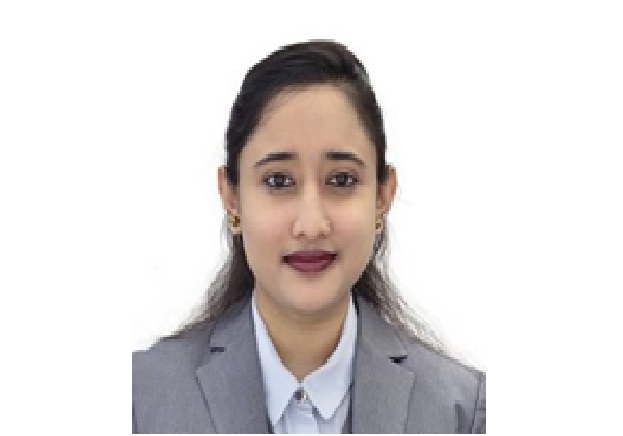

DHAKA: Artificial intelligence (AI) is revolutionizing healthcare by enhancing diagnostic accuracy, personalizing treatment plans, and improving patient outcomes. At the forefront of this transformation is Sharmin Sultana Akhi, a dedicated researcher specializing in AI and machine learning (ML) applications in healthcare. Sharmin holds a Master’s degree in Computer Science from Monroe University in New York and a Bachelor’s degree in Computer Science and Engineering from the International University of Business Agriculture and Technology (IUBAT). Her work focuses on leveraging data analytics and predictive modeling to enhance healthcare solutions, a press release said.
Sharmin's impactful contributions have garnered international attention, with over five accepted papers presented at IEEE conferences. Notable projects include her work on "Early-Stage Chronic Disease Prediction Using Deep Learning: A Comparative Study of LSTM and Traditional Machine Learning Models," which highlights her innovative use of Long Short-Term Memory (LSTM) networks for time-series analysis in predicting chronic diseases. Additionally, she developed a hybrid Convolution Neural Network (CNN) and Deep Neural Network (DNN) framework for early lung cancer prediction, significantly enhancing diagnostic accuracy through transfer learning and feature extraction techniques.
Furthermore, her work titled "AI-Augmented Healthcare Systems: Exploring the Potential of AI to Transform Healthcare Delivery and Improve Patient Outcomes" discusses the broader implications of AI in healthcare transformation. She also explores cutting-edge methodologies in "Artificial Intelligence–Enhanced Quantum Computing for Medical Simulations," examining how AI can accelerate drug discovery, protein folding, and personalized healthcare.
Her research integrates advanced imaging modalities such as MRI and CT scans, employing AI algorithms like image segmentation and convolution layers to analyze imaging data for improved disease diagnosis. By applying machine learning techniques, including data augmentation and ensemble methods, Sharmin enhances the accuracy of detecting tumors, cardiovascular diseases, and neurological disorders. This integration of AI not only accelerates the diagnostic workflow but also empowers healthcare professionals to make informed treatment decisions through advanced decision support systems.
Looking ahead, Sharmin aims to expand her research to explore additional applications of AI and ML in healthcare, including the development of reinforcement learning algorithms for personalized treatment recommendations. She envisions creating cost-effective and user-friendly solutions that streamline operations and enhance personalized patient care. By addressing critical challenges such as early diagnosis and chronic disease management, her work aspires to foster a more responsive and data-driven healthcare environment.
